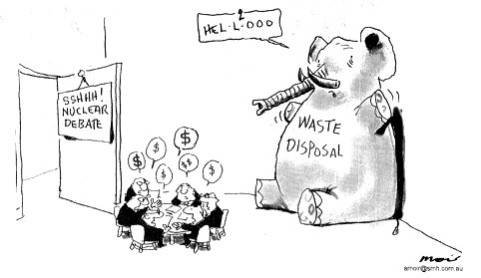The Transatlantic Trade and Investment Partnership (TTIP) is a trade agreement being negotiated in secret between Europe and the US to ‘harmonise’ trade.
TTIP will benefit big companies at the expense of ordinary people. It will open up Europe’s public health, education and water services to US companies and, effectively, lead to the privatisation of the NHS – because US Companies will be able to sue the British government if they can claim to have been prevented from competing for contracts.
It also will mean lower standards – currently a company has to prove a substance is safe before it can be used in Europe whereas, in the USA, any substance can be used until proven unsafe. As an example, the EU currently bans 1,200 substances from use in cosmetics; the US just 12. These lower standards will be imposed on Europe if the TTIP is endorsed
The EU accepts that TTIP will cause unemployment as jobs switch to the US, where labour standards and trade union rights are lower – and has advised that European support funds are needed to compensate for the extra unemployment.
Another change, if the TTIP is approved, will be the introduction of Investor-State Dispute Settlements (ISDS) to allow companies to sue governments for “loss of profits”. This will mean that unelected transnational corporations may dictate the policies of democratically elected governments.
ISDSs are already operating elsewhere and, for example, have enabled a Swedish energy company to sue the German government for billions of dollars over its (welcome and correct) decision to phase out nuclear power plants in the wake of the Fukushima disaster in Japan.
This is anti-democratic and totally at odds with the capitalist ethos that profits are a just reward for risk-taking. With TTIP and ISDS, investors will be guaranteed a profit however stupid the investment and whatever the danger to the public and their workforce.
If elected to Westminster, I would oppose implementation of TTIP.





